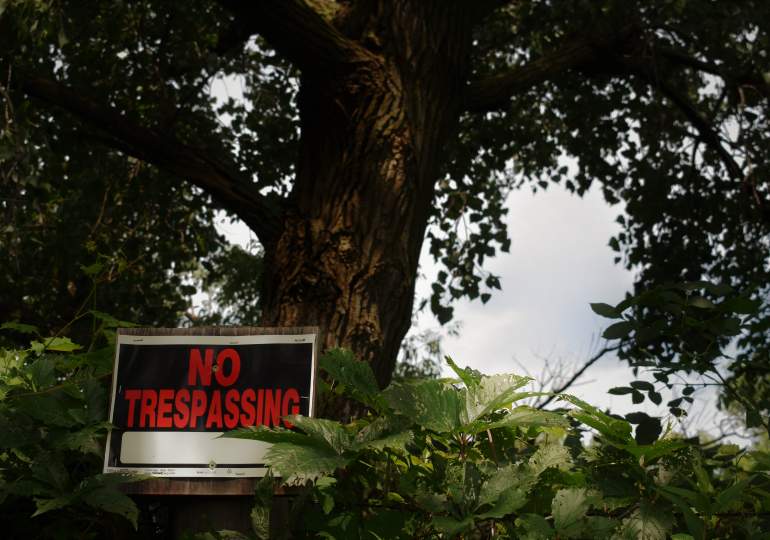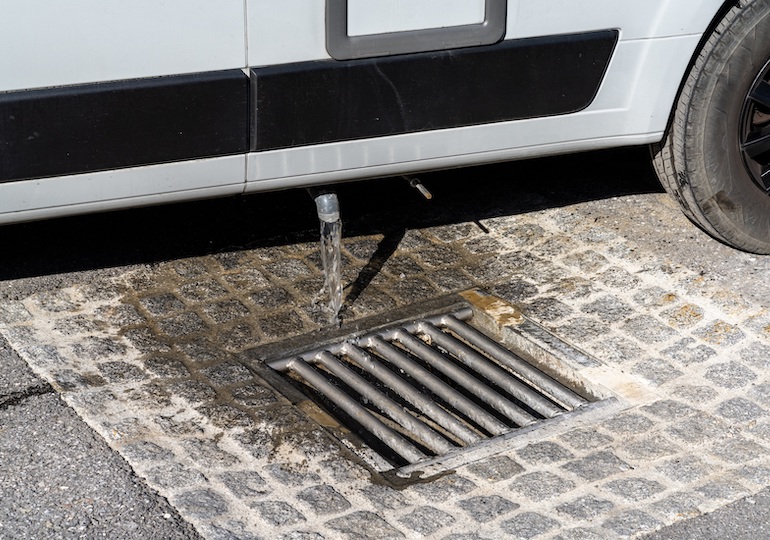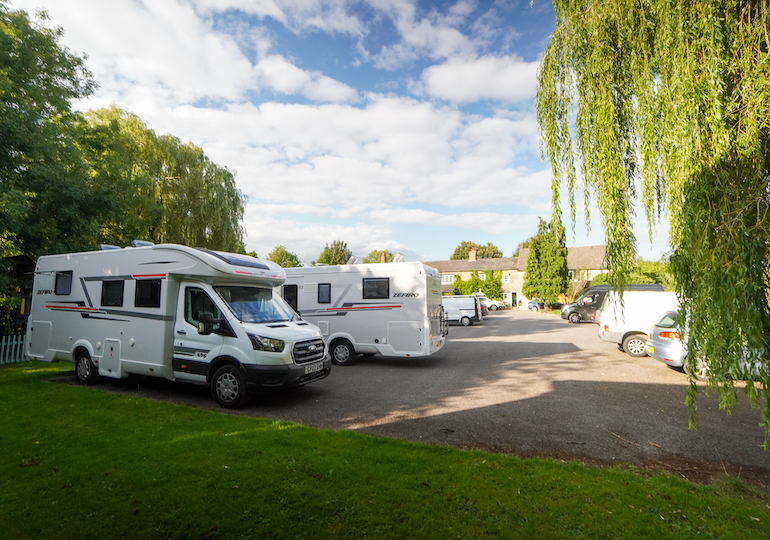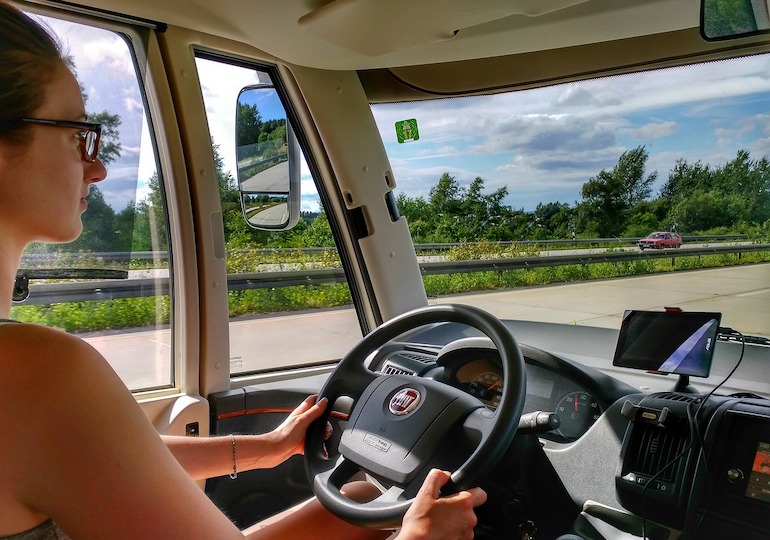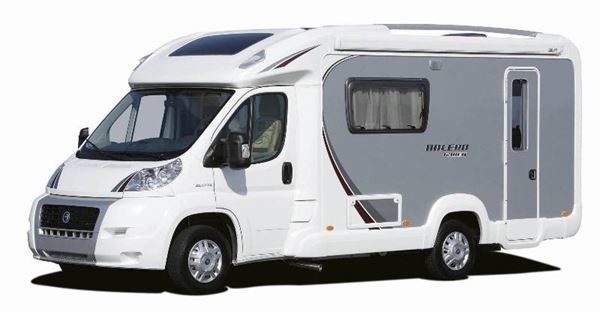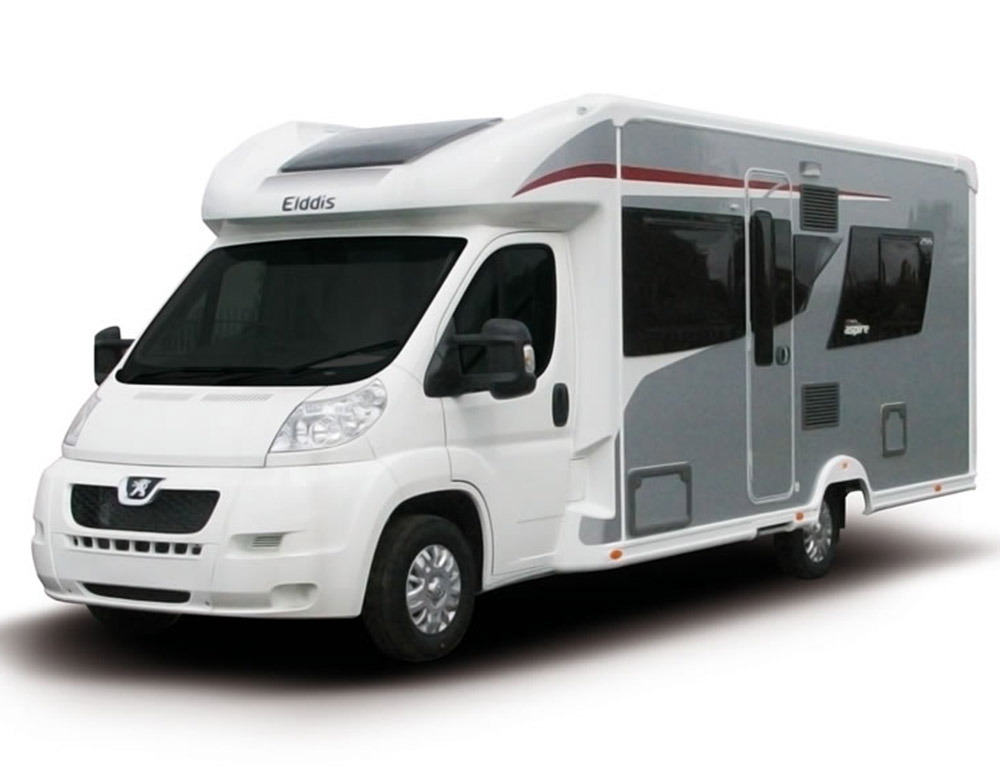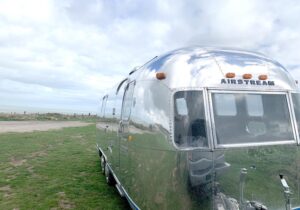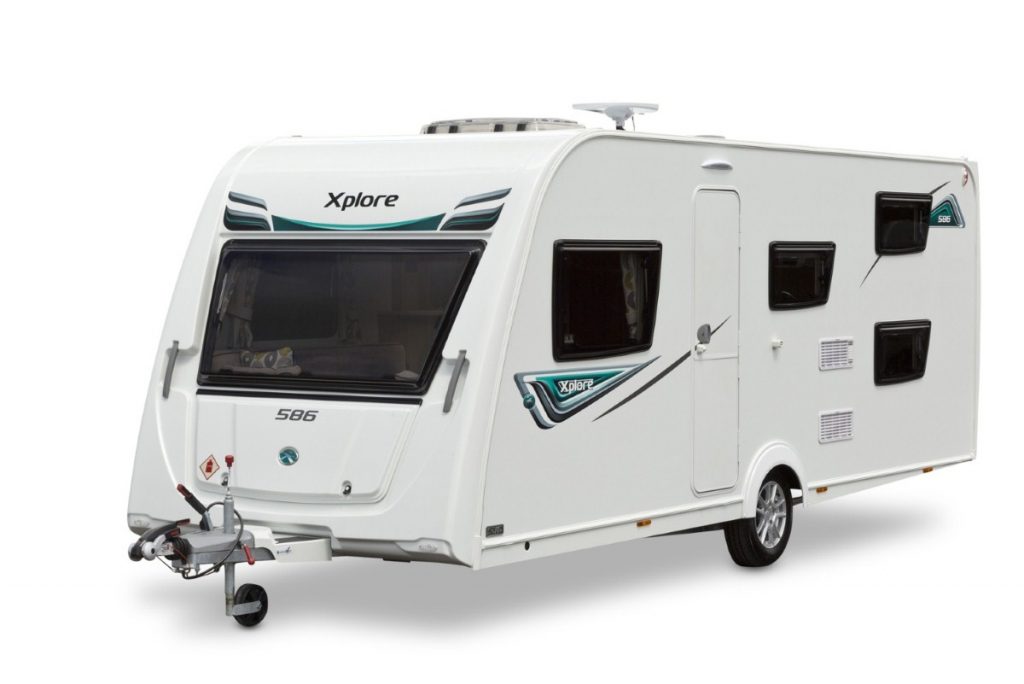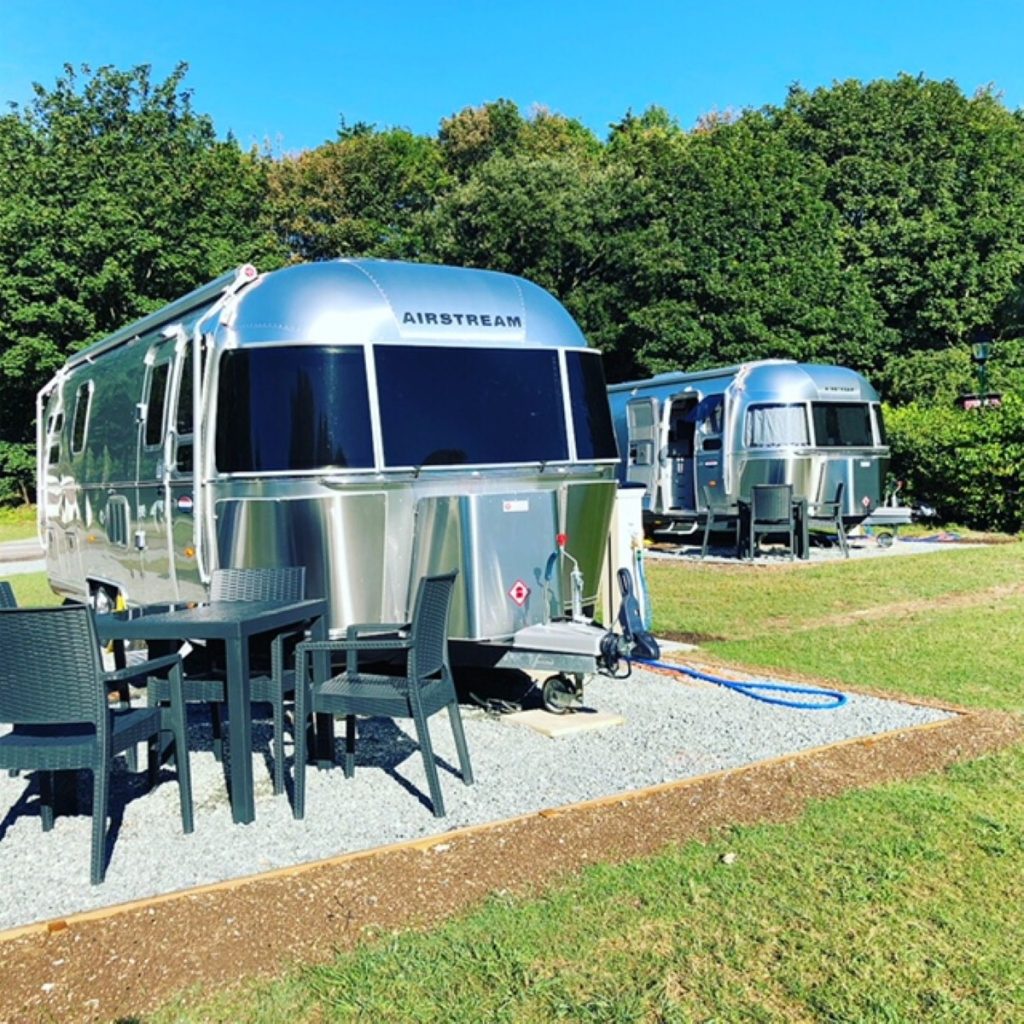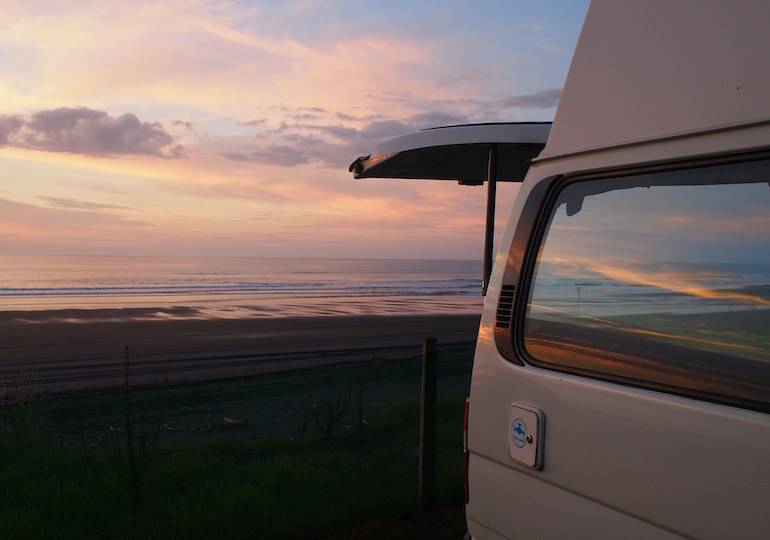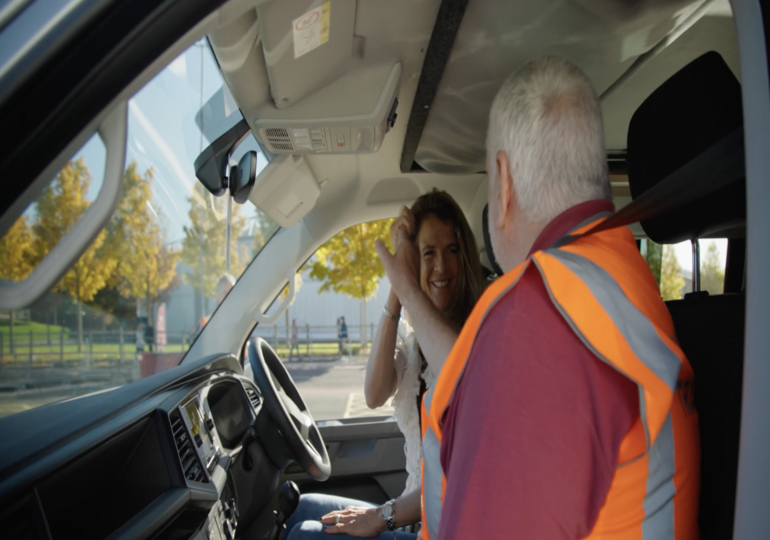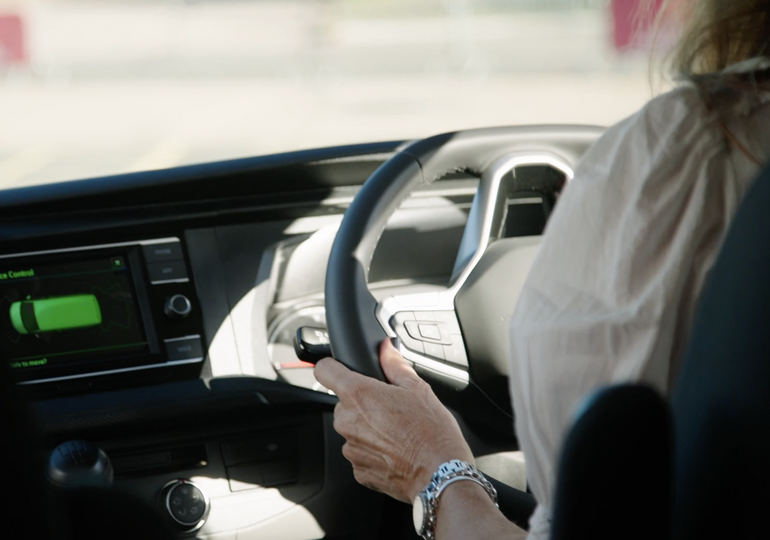The third reading of the Police, Crime, Sentencing and Courts Bill passed through the House of Commons earlier this month with a majority of 100. While a lot of attention has been given to the impact it will have on protests if it makes it through the House of Lords, the bill is far-reaching and could have serious consequences for caravanners.
Owners of caravans, motorhomes and campervans could have their leisure vehicles seized by police simply for parking in places without the landowner’s permission. This includes farmland, but also car parks and laybys, and while it’s only likely to be a problem if the police receive a complaint, the law will not be on the caravanner’s side.
While wild camping in Scotland is permitted, overnight parking in a leisure vehicle without consent is already illegal in England and Wales. When enforced, perpetrators are guilty of the civil offence of trespass, but the new bill would mean tougher punishments.
Caravanners found trespassing could have their vehicles seized, face a fine of up to £2,500 or be given a prison sentence if they don’t move when asked. This could have serious consequences for the 1.15 million Brits that own a leisure vehicle, especially as demand for caravan site pitches is higher than ever this summer.
Nick Rosen, author of How to Live Off Grid, said: “The bill will have a chilling effect on sales and rentals of campervans, of which there are over a million in the UK already. It has been an inalienable right in the UK to take off in a campervan, and park down a quiet lane or on the edge of a farmer’s field. Now this freedom is being chipped away under the guise of saving us from protest camps.”
He is campaigning to have amendments added to the bill before it goes through the House of Lords to prevent wild camping becoming a criminal offence. His petition to withdraw the power to seize vehicles used as mobile homes already has more than 44,000 signatures.
Mr Rosen added: “There are upwards of 60,000 people living off-grid in mobile homes of various sorts in the UK. Some are taking a break from their normal life, while others live this way permanently.
“Many people don’t realise that the van-dwelling way of life is under direct threat from the bill, at a time when it has never been more popular and necessary. Action is needed urgently to raise awareness and stop this unintended consequence of the crackdown on protesters.”
While many wild campers cause no nuisance and leave no trace, the potential implications of the new laws will likely put many people off. The idea that owning a leisure vehicle represents the freedom to go away at short notice and wherever the mood takes you clashes with the reality of legislation in England and Wales.
Photo credit: Unsplash/Sharon Carr

